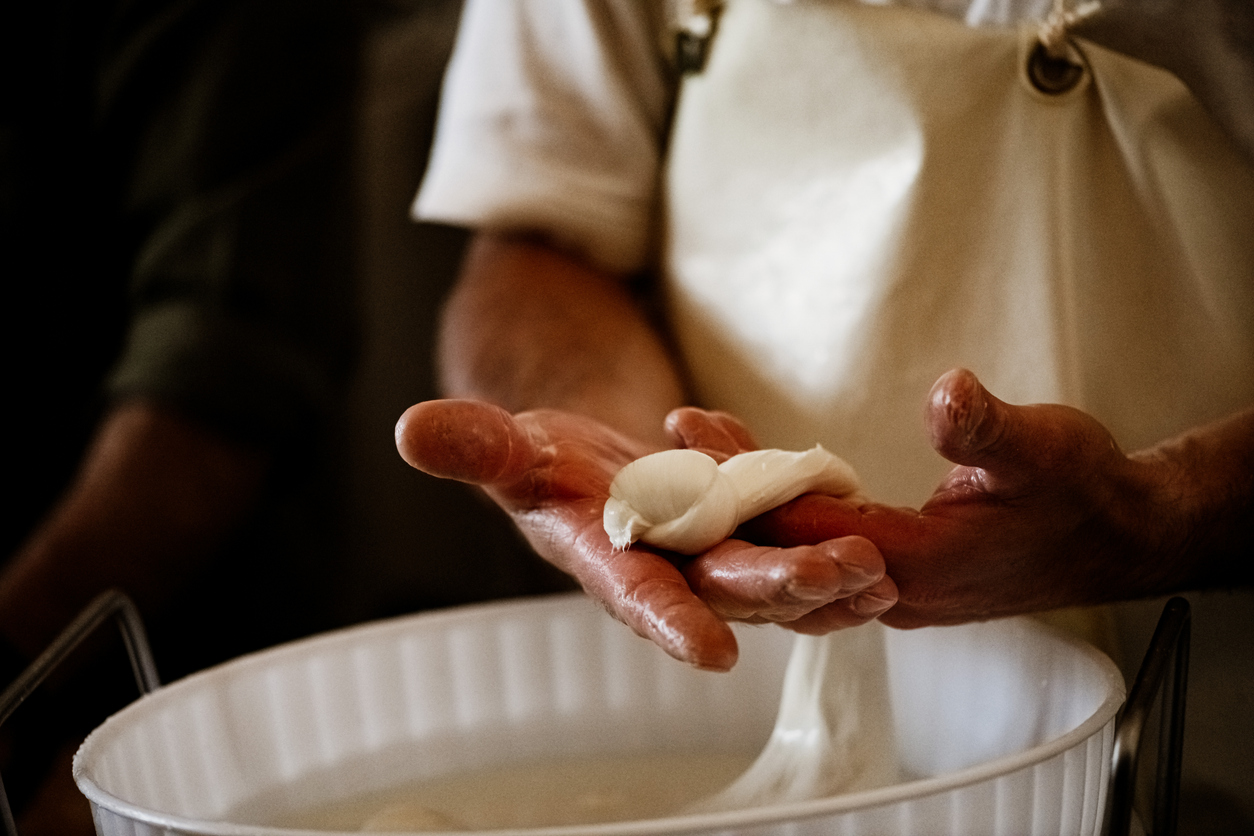
Cheesemaking: A Science, an Art, and a Craft
Students make fresh mozzarella cheese and explore a career as an artisan cheesemaker as they discover the science, art, and craft involved in the development of specialty cheeses.

Students make fresh mozzarella cheese and explore a career as an artisan cheesemaker as they discover the science, art, and craft involved in the development of specialty cheeses.
Students describe the physical properties of materials and observe physical and chemical changes as they explore the ingredients in pancakes and how maple syrup is harvested from trees.
Students describe the physical properties of materials and observe physical and chemical changes as they examine the ingredients in pancakes and how maple syrup is harvested from trees.
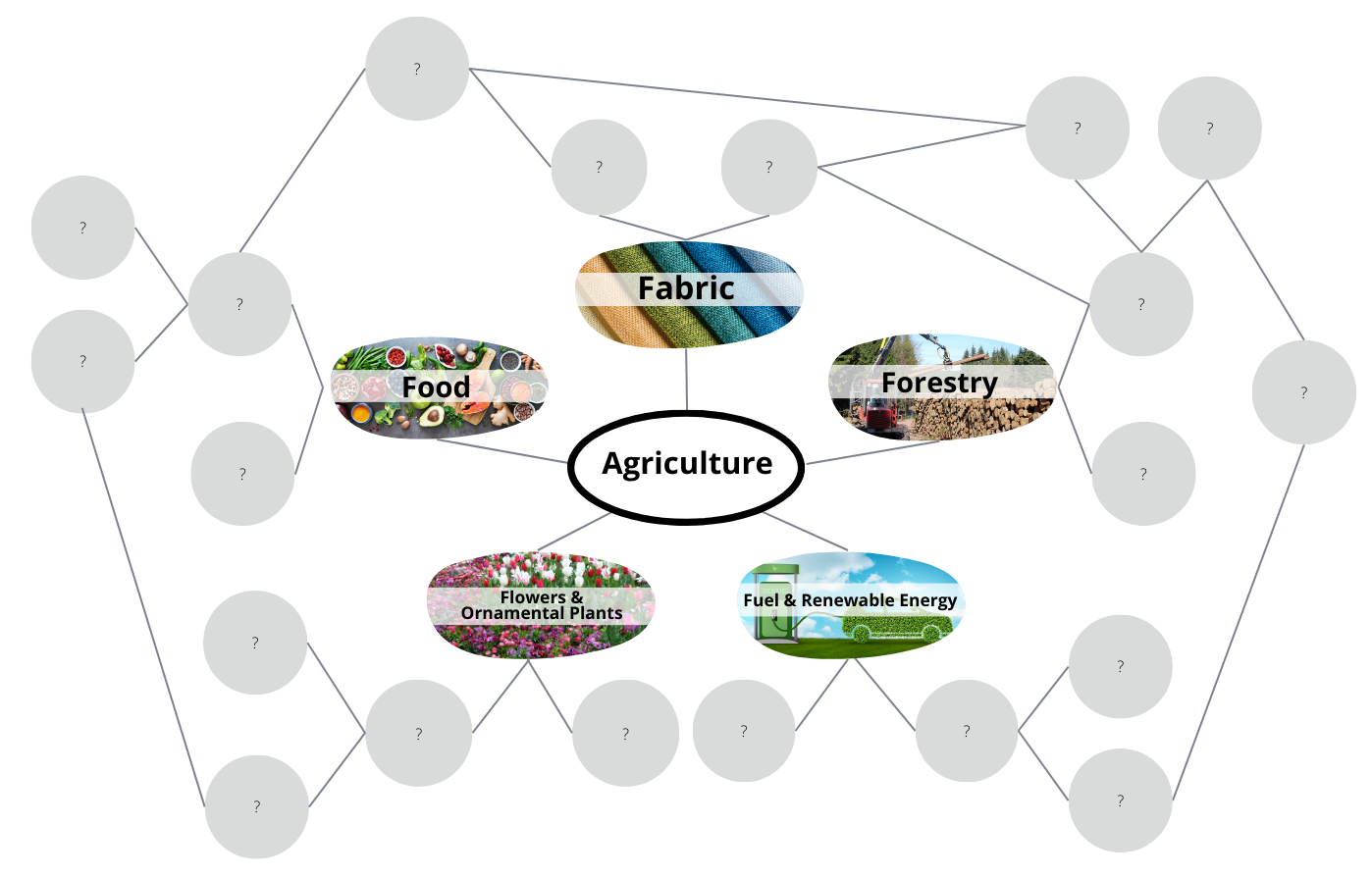
Explore how we are each connected to agriculture through our food, clothing, shelter, fuel, and more. Students will be introduced to agriculture and begin to recognize the depth and complexities of agricultural systems locally and globally.

Explore how we are each connected to agriculture through our food, clothing, shelter, fuel, and more. Students will be introduced to agriculture and begin to recognize the depth and complexities of agricultural systems locally and globally.
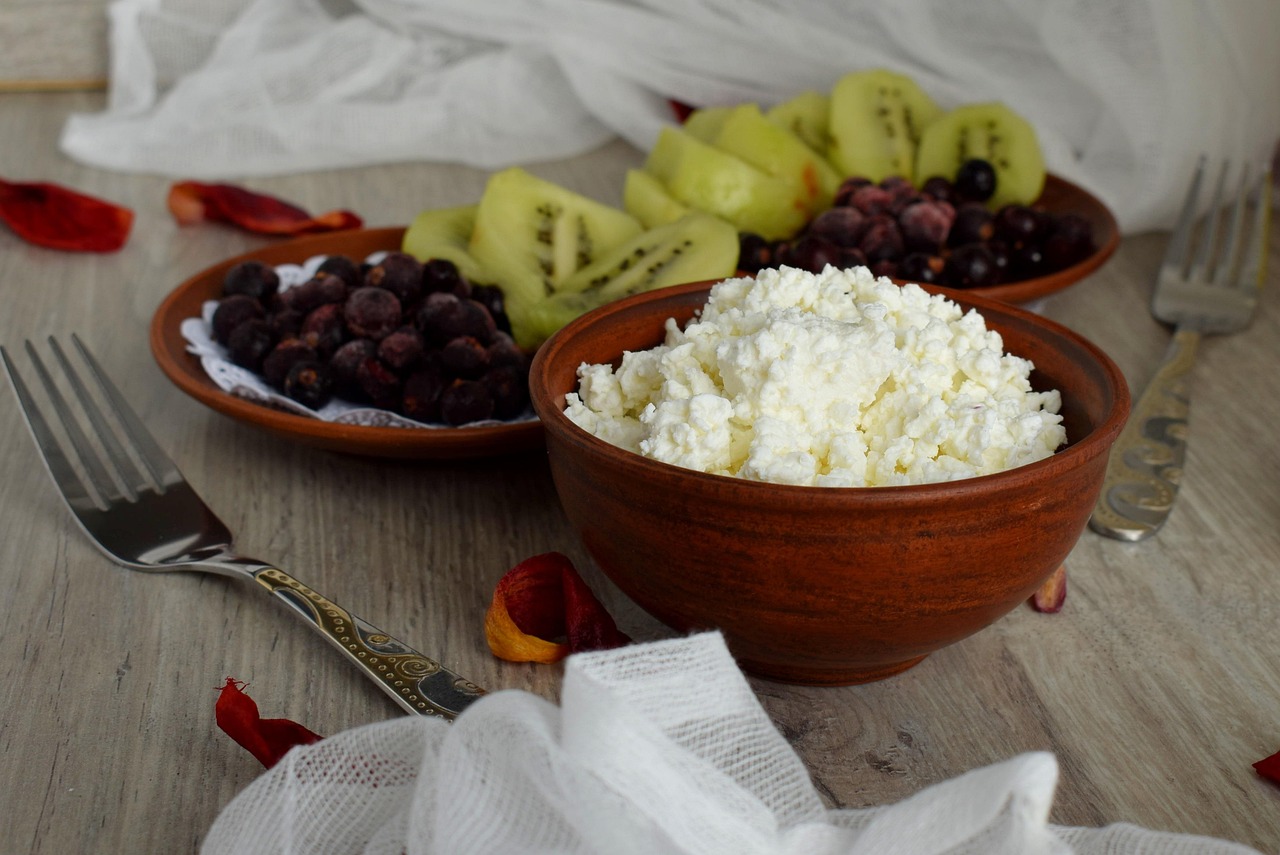
Students explore the scientific processes used to make the crops we grow and the livestock we raise (commodities) into some of the foods we eat every day. Students will discover how science and technology work together to create foods like pickles, bread, yogurt and more! To engage further in the topic, students will make their own cheese using enzymes produced through the fermentation of genetically engineered yeast.
In this lesson, students learn the chemistry and composition of milk, identify the difference between a monosaccharide and disaccharide, and carry out a laboratory activity testing the effect of the enzyme lactase on various milks.
Students identify the process used by plants to make their own food and discover how photosynthesis provides the food they eat.
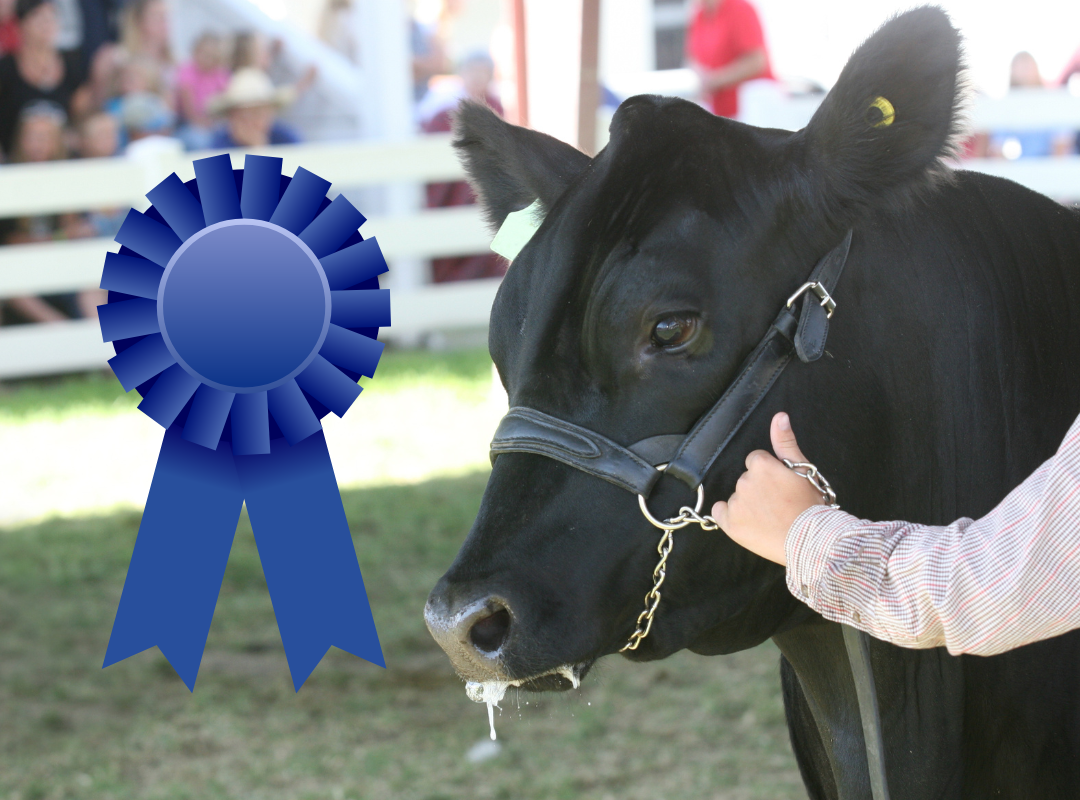
Students investigate how diseases are spread and discover how to prevent transmission between humans and animals.
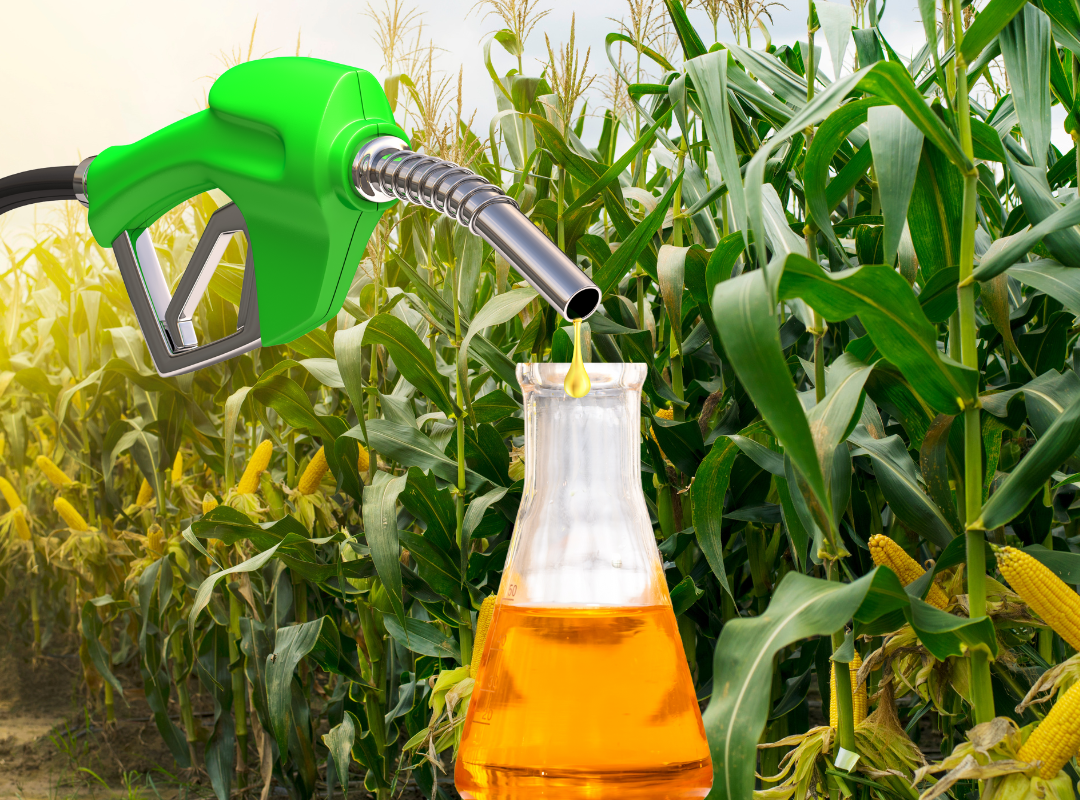
Students explore the process of fermentation in the creation of ethanol and observe the role enzymes play in the fermentation of starch.
Students will explore the 2020-2025 Dietary Guidelines, compare and contrast historical food guides, and discover how to apply principles of MyPlate into their diet to create a "MyWin."
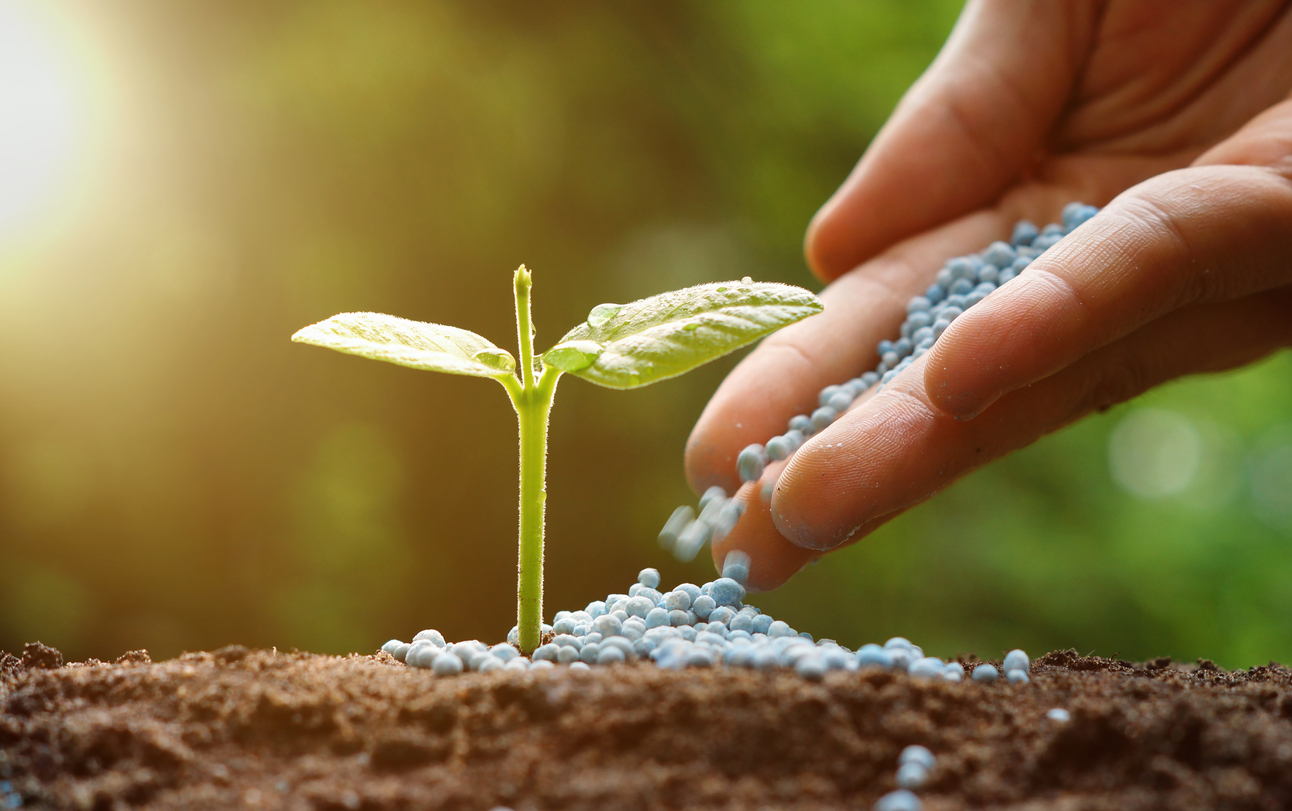
Students will recognize that fertile soil is a limited resource, describe the role fertilizer plays in increasing food productivity, distinguish between organic and commercial fertilizers, describe how excess nutrients are harmful to the environment, and identify different sources of nutrient pollution.